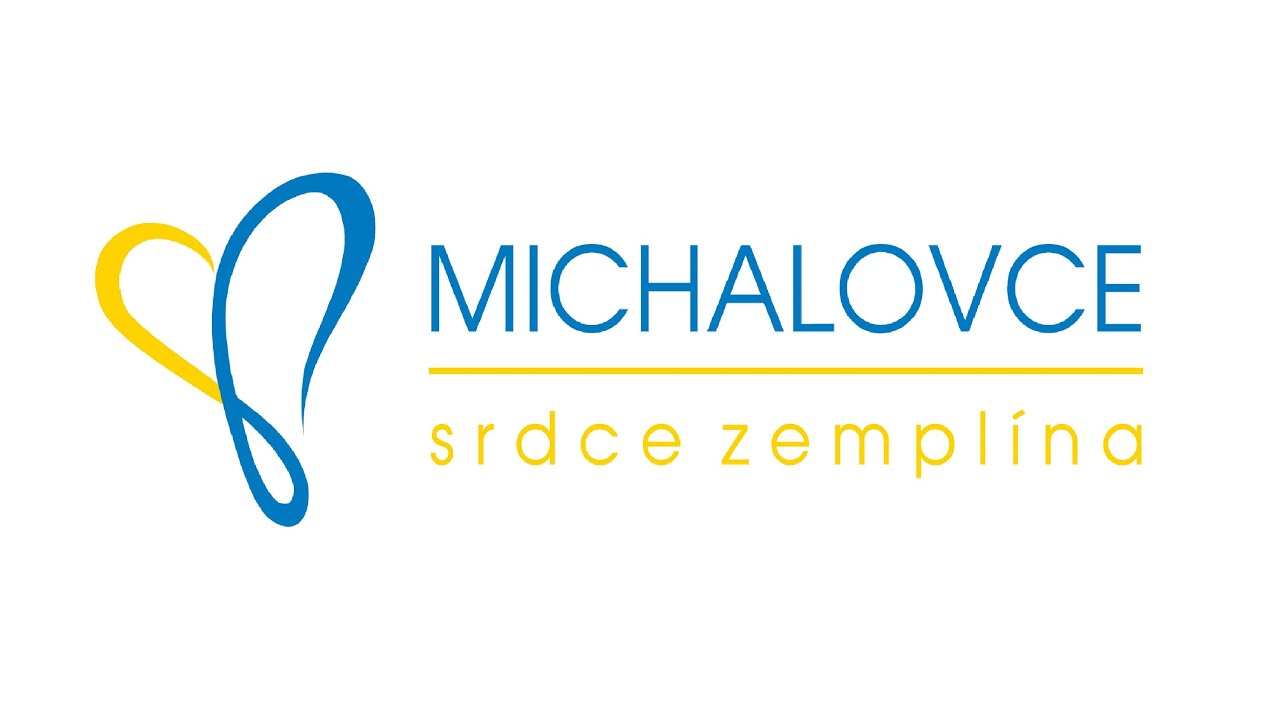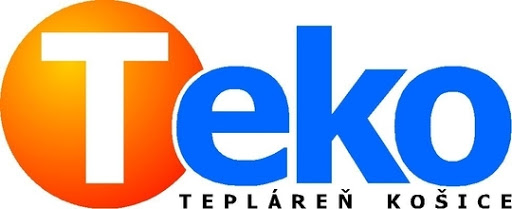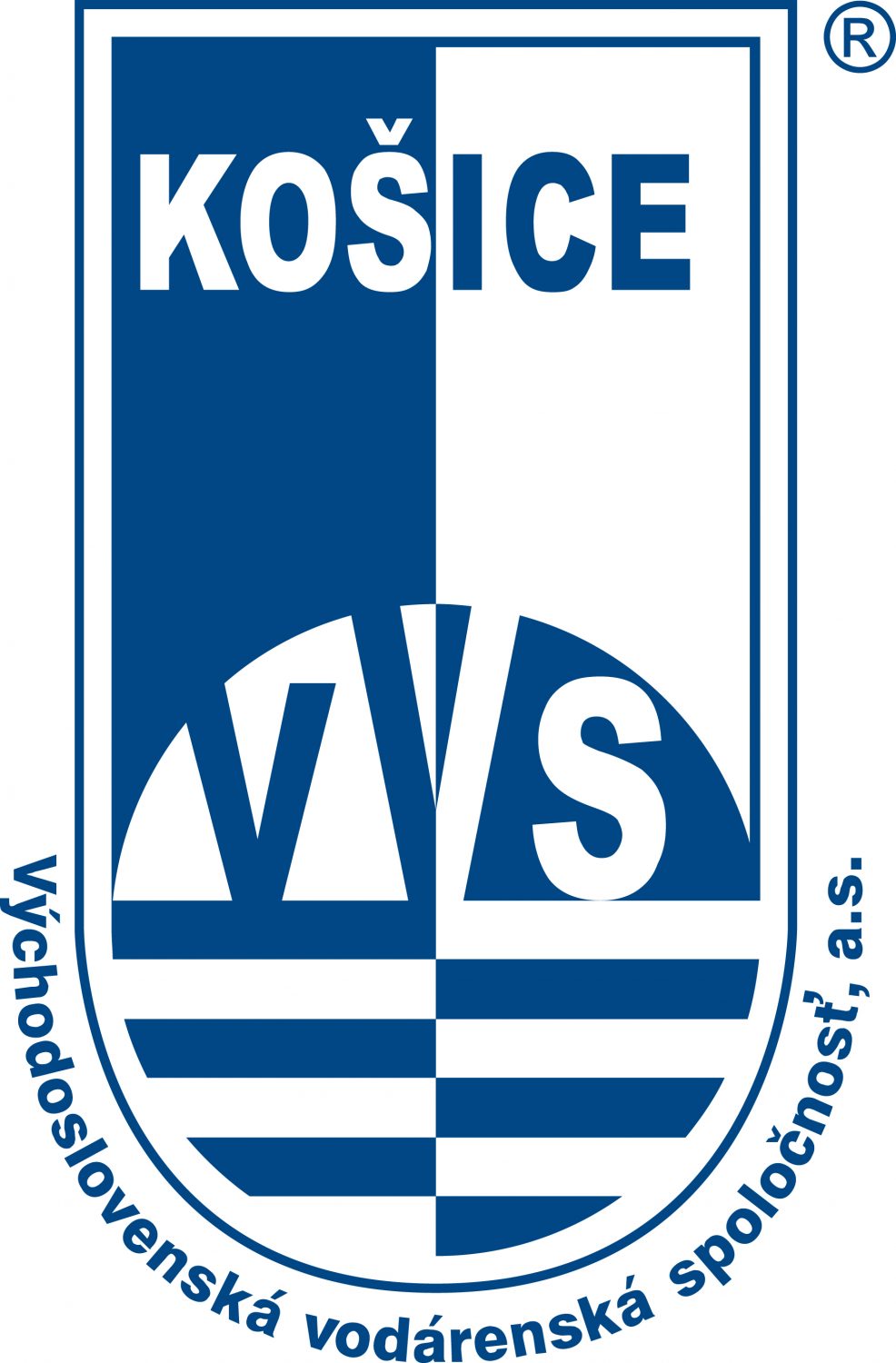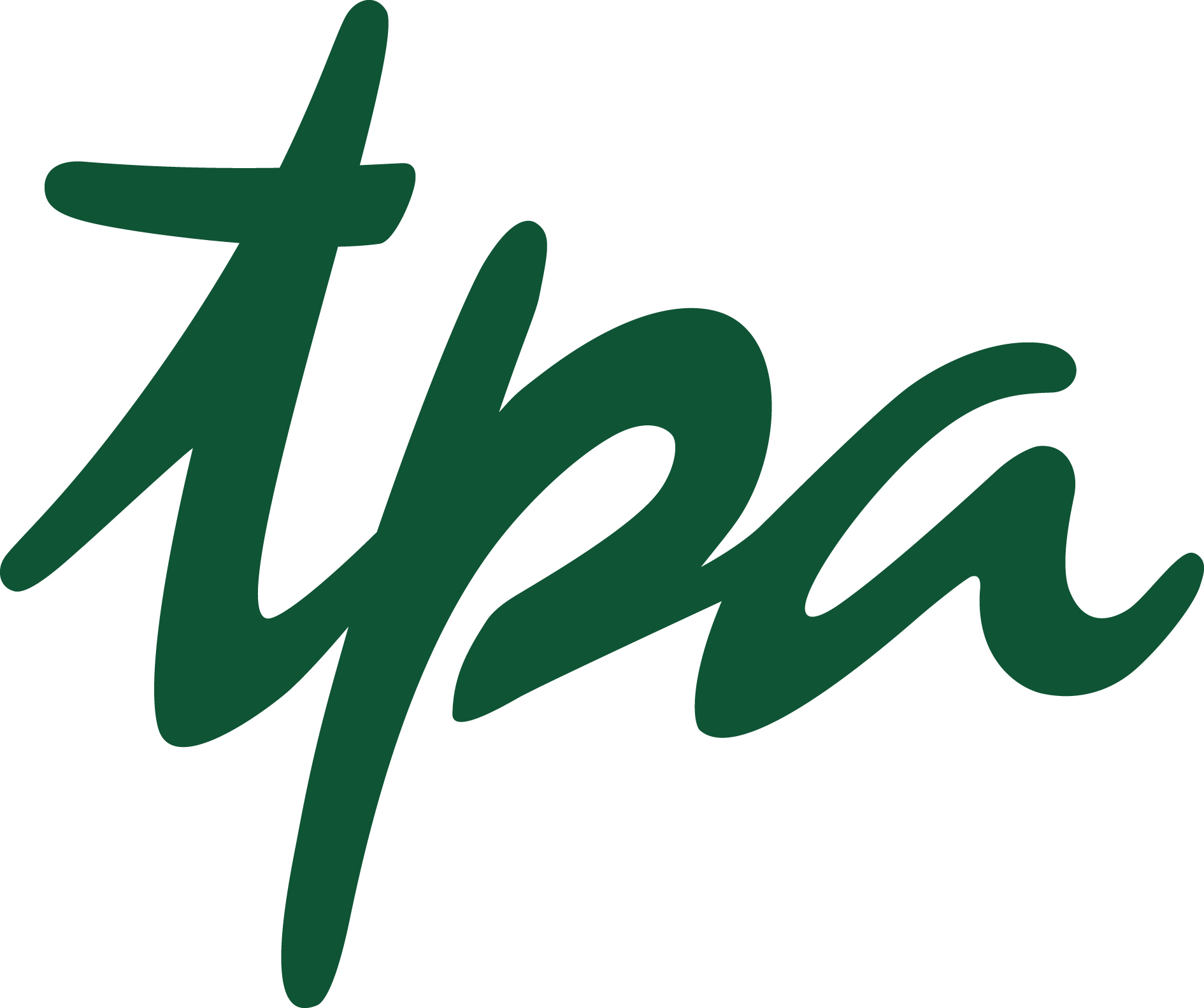Year of study: 1
Compulsory module
The primary educational objective:
students will obtain appropriate knowledge and financial literacy as the foundation for the development and understanding of complex processes and deeper analytical background in finance,
obtain a comprehensive picture of the sectoral approach to finance (corporate finance, banks and financial intermediaries, commercial insurance, central banking, public finance, financial social systems, funding the third sector, the international financial system)
obtain knowledge of the main types of financial instruments and their use by entities operating in the individual markets.
understanding of the principles and mechanisms of functioning of financial markets and insurance,
mastering the principles and mechanisms of functioning of the financial and monetary institutions at the national and international level,
the knowledge that is a prerequisite for further study of the financial and economic subjects, as well as solving complex problems in the real economy.
Brief module description:
The module includes a comprehensive approach to theoretical and partly practical about money. Its content is the issue of the origin and essence of Finance, the nature of the distribution and allocation of finances mainly through financial markets with the production of goods and pensions. Adequately in it pays attention to decision-making and decision-making rules and recommendations for individual entities (e.g. The issue of savings, the amount and forms of investment, risk, return etc.). Another part of the subject content knowledge of the design consists of domestic and international financial system with regard to its structural members (markets, sectors), as well as understanding investments, money and capital markets in the financial markets and the concept of insurance. The content complements the insurance relationship and also the issue of insurance in the social security system.













